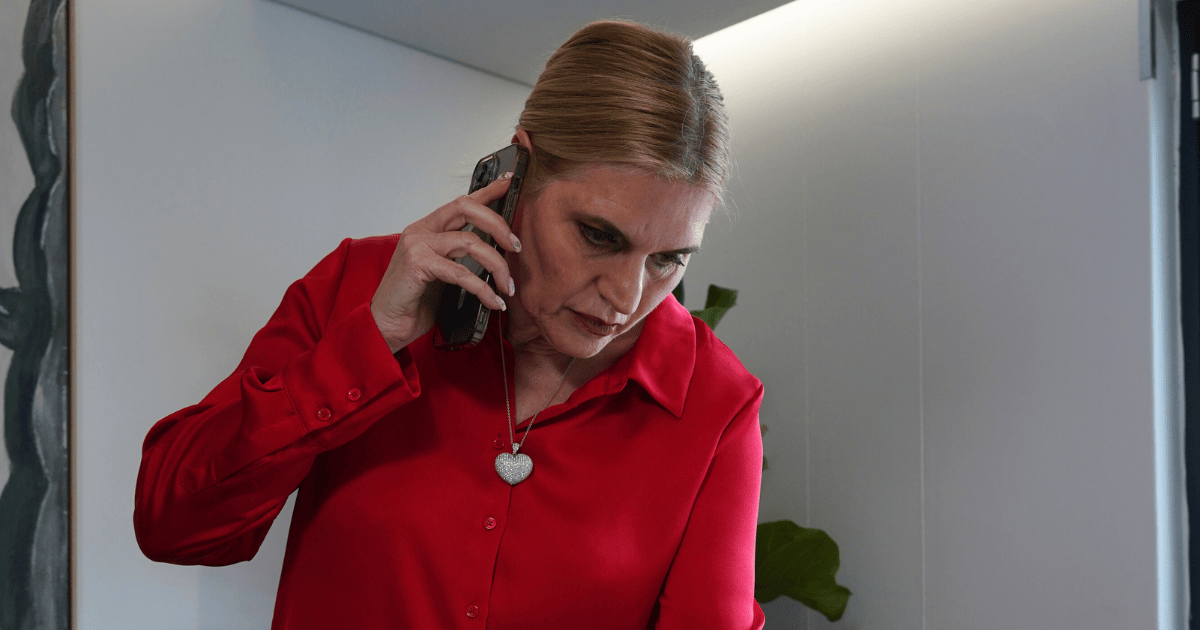A universal partnership is an express or tacit agreement between two people, including same-sex couples, who choose to live together in a permanent relationship without entering into marriage. South African courts have over the years defined a permanent universal partnership as an arrangement between parties who act like partners that both contribute to the partnership for their joint benefit/enrichment with the main aim of making a profit.
The courts have confirmed that a written or oral agreement is not necessary to establish a universal partnership, and that a tacit agreement, as determined by the intention of the parties in terms of their conduct, is sufficient.
The reciprocal duty of support is a fundamental part of any relationship. The court recognises different relationships from which this duty arises, and it is, therefore, not solely limited only to relationships that are recognised by South African law, such as a marriage or civil union.
Common law should always develop and align with societal norms. Formal social institutions are being pursued less and less, with couples and parties favouring cohabiting or less formal relationships, such as a universal partnership. The Divorce Act 70 of 1979 only allows ex-spouses of a marriage or ex-partners of a civil union to claim for maintenance, but, this protection is founded on the reciprocal duty of support that is fundamental to many other relationships.
The requirements for a Universal Partnership were canvassed at length in Le Roux v Jakovljevic. The Plaintiff sought a declaratory order that a universal partnership existed between the parties. The Defendant denied the existence of a partnership, universal or otherwise.
Having regard to all the facts and circumstances of this case the court concluded that was more probable than not that a tacit agreement, namely a universal partnership had been reached. Their partnership enterprise included both the business and their family life. The plaintiff’s impression as to the core of their relationship was borne out by the conduct of the parties.
It is evident that there can be a duty of support between universal partners, and common law has been extended to allow for universal partners to be afforded the same protection as spouses to a marriage.
Therefore, a claim for support by a previous universal partner should be allowed, and the extent of this duty should be determined on the merits of each case individually.
For direct answers to your specific personal questions, please contact us directly.
Read more about our family law services.
Author – Kate Bailey – Hill






